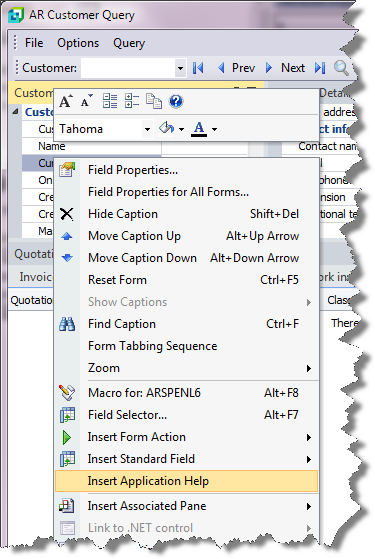You use this program to post transactions of costs incurred against an asset.
You can optionally print your Transaction journals on-line from within this program, or use the Asset Transaction Journals program to print these journals.
You typically use this program to comply with the provisions of Paragraphs 12 through 14 of IAS 16, which deal with subsequent costs incurred for assets.
| Field | Description | ||||
|---|---|---|---|---|---|
| Asset | Indicate the code of the asset against which you want to process the transaction. | ||||
| Print Journal | Select this icon to use the Asset Transaction Journals program to print the journal for the
transactions processed during the current run of the
program. You can only print journals if you have access to the Asset Transaction Journals program. |
||||
| Post | Select this to post the transaction information
entered.
|
||||
| Field | Description |
|---|---|
| Add | Select this to add a new transaction for the selected asset. |
| Delete | Select this to delete the transaction currently highlighted in the listview. |
| Asset branch | This indicates the asset branch code to be updated with the month and year-to-date values for the transaction entry. |
| Invoice | This indicates the invoice number relating to the transaction (if any). |
| Supplier |
This indicates the supplier relating to the transaction. This field is not validated. |
| Reference |
Enter a reference for the entry. This reference is printed on the Asset Transaction Journals report and can be viewed within the Asset Query program. |
| Expense code |
Enter an expense code to which the month and year-to-date transaction amounts will be accumulated. |
| Transaction amount |
This indicates the transaction amount required. A negative value can be entered to credit a previously entered transaction. |
| Entry date |
This indicates the transaction date. This defaults to the current system date, but can be changed. |
| Entry type | You use this field to indicate the type of transaction you are processing for the line. |
| Purchase | Select this if the transaction relates to a purchase. |
| Labor | Select this if the transaction relates to a labor expense. |
| Revenue | Select this if the transaction relates to revenue. |
| Field | Description |
|---|---|
| Asset information | |
| Asset status | Asset status (see Browse on Asset Statuses) |
| Recap totals |
The total value of the transactions posted during the current run of the program are displayed for information purposes.
|
Inserting Application Help
You would typically follow this procedure to display help for the current program in a customized pane that can be pinned to the program window.
Information includes step-by-step instructions for the various functions available within the program, including a brief overview of what the program does, what setup options are required and how to personalize the program.
-
Open the program for which you want to insert application help into a customized pane.
This functionality is only available for a program that has panes.
-
Right-click any form field.
You can also click the triangle menu icon that appears in the title area of a pane.
-
Select Insert Application Help from the context-sensitive menu.
The application help appears in a pane within your program. You can reposition the pane using the docking stickers or pin it to the program window.
Removing the Application Help pane
If you no longer want to display application help in a pane for your current program, you can simply remove it.
-
Select the Close icon in the right-hand corner of the application help pane.
-
Confirm that you want to delete the pane.
![[Note]](images/note.png)

